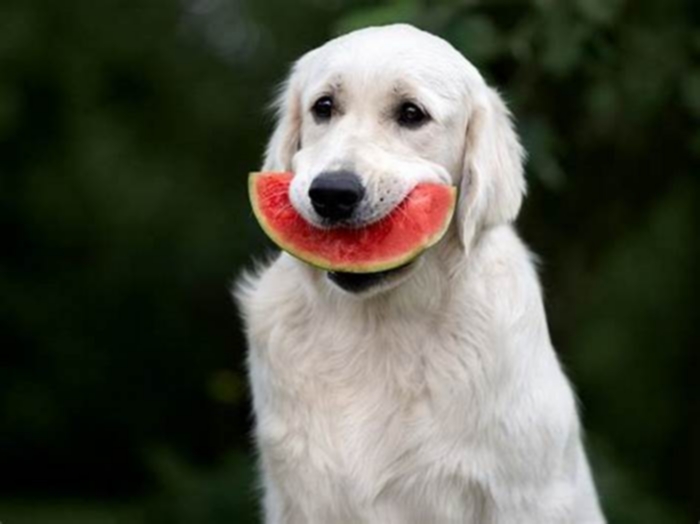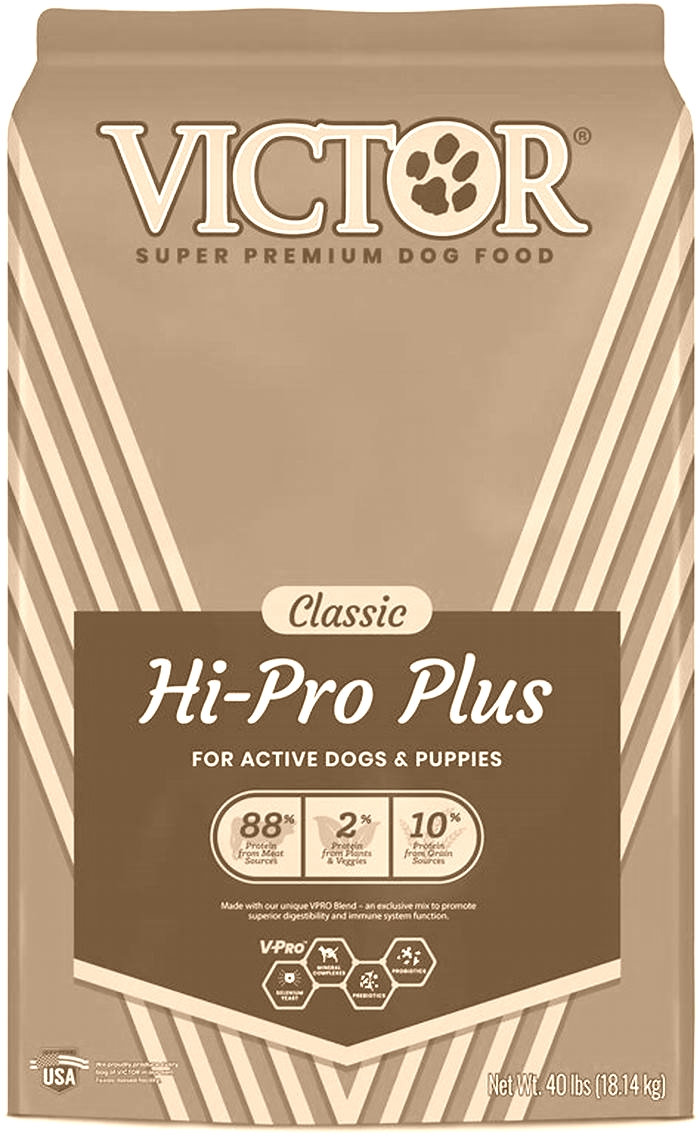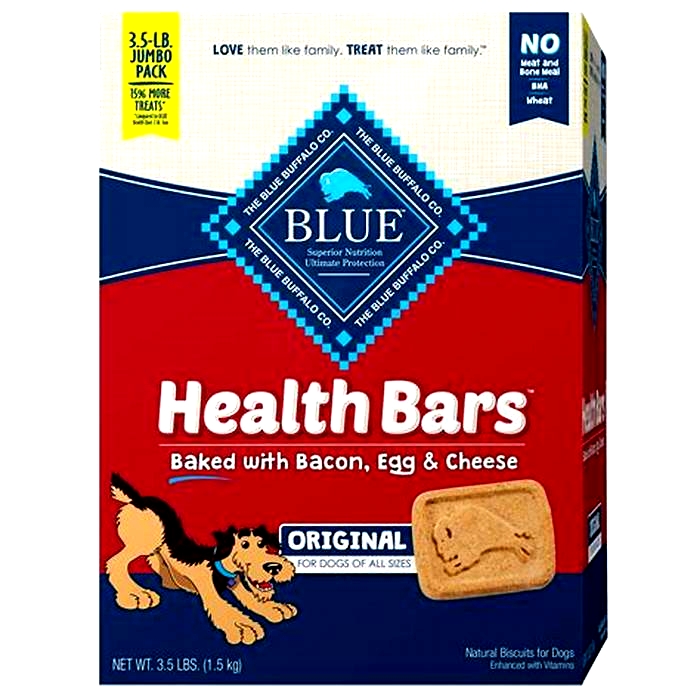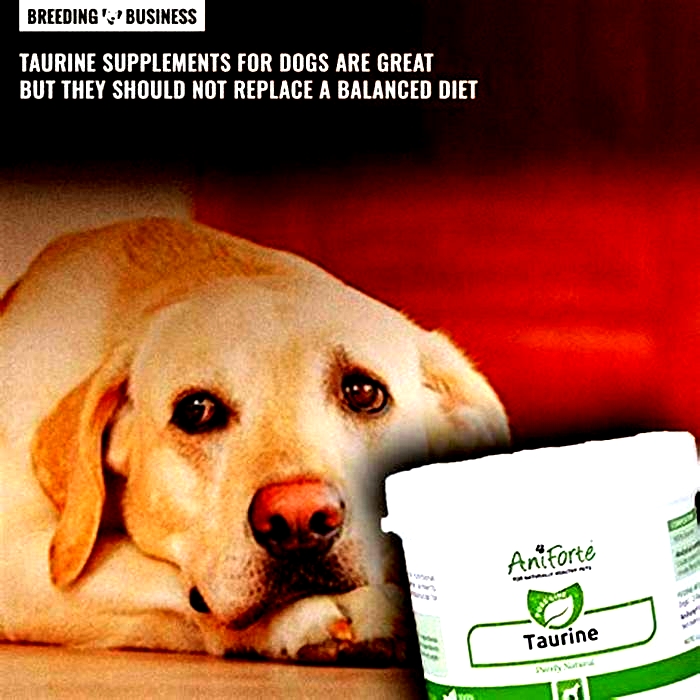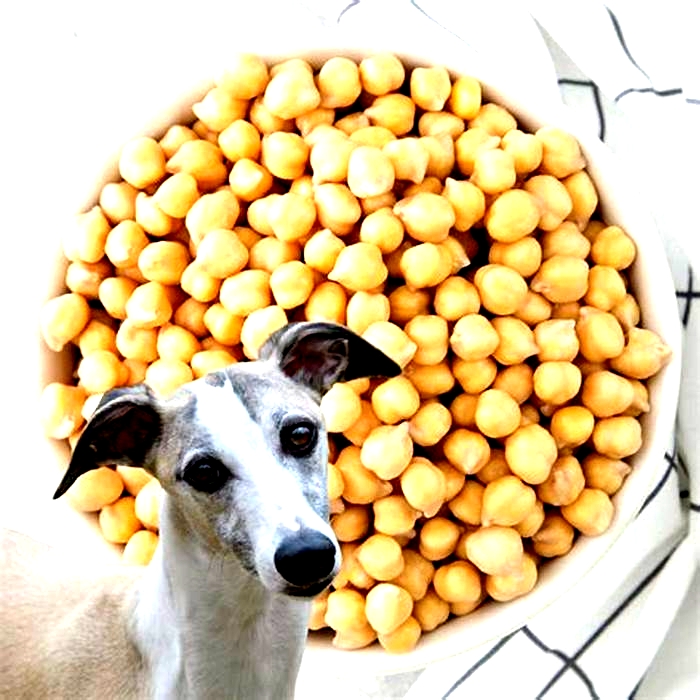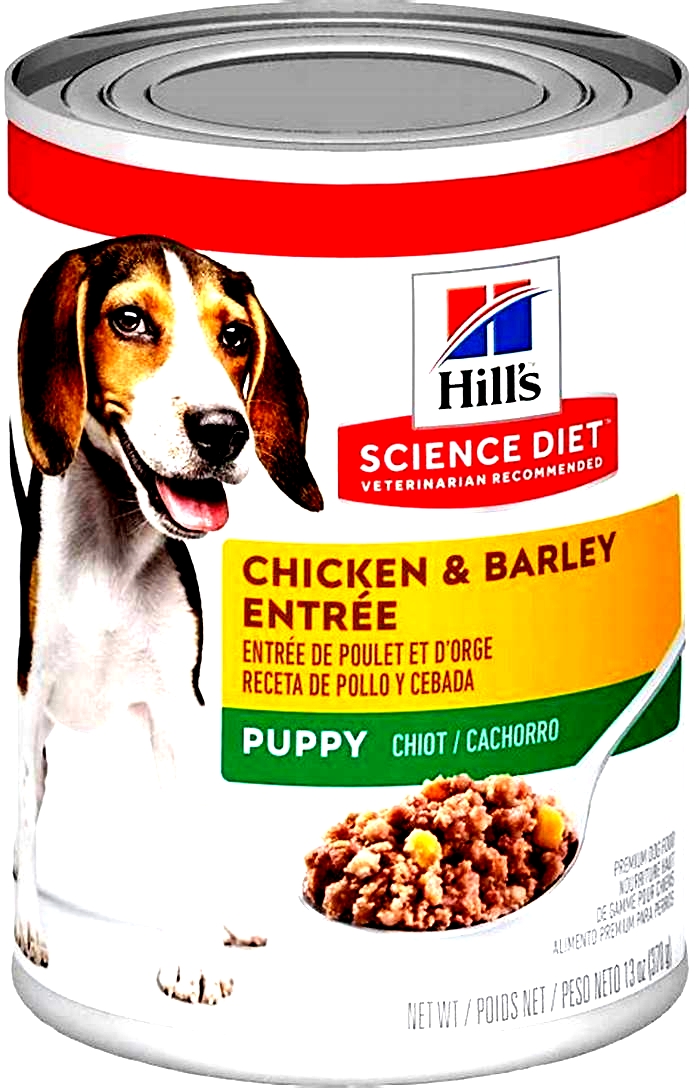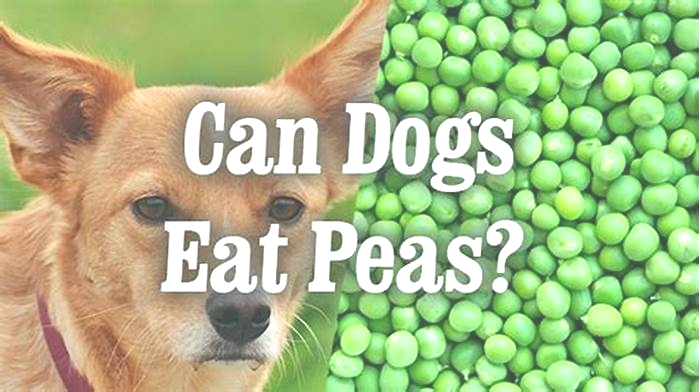Is watermelon good for a dog
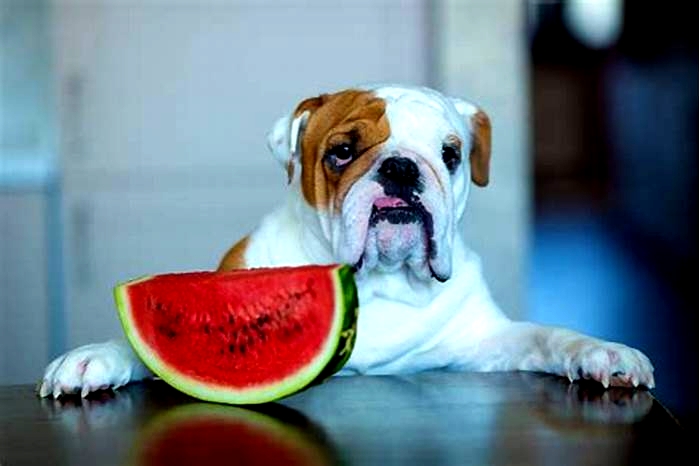
Can Dogs Eat Watermelon?
NOTE: Always check with your veterinarian before giving your dog any new foods, especially people foods. What might be okay for one dog might not be good for your dog, depending on multiple factors, such as their age, health history, health conditions, and diet. Dogs on prescription diets should not be fed any food or treats outside the diet.
Watermelon is a healthy and refreshing treat for humans, but can dogs eat it, too?
If youve shared a piece of watermelon or your pup has snuck a piece, theres no need to worry. As long as your dog does not have diabetes and is not sensitive to sugar, they should be completely fine.
Is Watermelon Good for Dogs?
Both red and yellow watermelon are safe and healthy fruits for most puppies and adult dogs to eat. However, dogs that have diabetes or sugar sensitivities as well as dogs that are obese should not be given the fruit.
Watermelon is low in calories and contains no fat or cholesterol. And since 92% of a watermelon is actually water, its helpful for hydrationespecially on hot summer days.
Keep in mind though, that due to the small amount of watermelon your dog should eat as a snack, they cannot depend on watermelon alone for hydration.
There are also several great vitamins and minerals in watermelons:
Vitamin A
Vitamin B-6
Vitamin C
Potassium
Can Dogs Eat Watermelon Rinds?
Be sure that your dog does not eat watermelon rind. Its not safe for them to consume, as it can become a serious choking hazard or create an intestinal blockage. If your dog has swallowed a watermelon rind, visit your veterinarian immediately.
Can Dogs Eat Watermelon Seeds?
Before feeding any watermelon to your dog, remove the rind and seeds. These black seeds contain cyanide, although its unlikely that a dog would be able to eat enough of them to be poisoned. The seeds can also be a potential choking hazard.
Despite the name, seedless watermelons will sometimes still have thin, white seeds. And although those probably wont pose choking hazards, they could upset your dogs stomach. So its safest to remove those as well.
If your dog has eaten some of the seeds, contact your veterinarian.
How Much Watermelon Can a Dog Eat?
Even healthy treats should only make up 10% of your dogs overall diet. And the other 90% should come from a well-balanced dog food diet.
To help make the portions a little easier, below are some general guidelines for safe watermelon treat sizes based on your dogs weight. Each slice should only be about 1 inch x 1 inch x -inch thick:
Examples: Yorkies, Chihuahuas, Pomeranians, Pugs
Examples: Basenjis, Beagles, Miniature Australian Shepherds
Examples: Basset Hounds, Border Collies, Australian Cattle Dogs
Examples: Pit Bulls, German Shepherds, Labrador Retrievers, Australian Shepherds
Examples: Newfoundlands, Bernese Mountain Dogs, St. Bernards, Great Pyrenees
If your dog ate some extra watermelon when you werent looking and youre worried that they ate too much, keep an eye out for the following symptoms of an upset stomach:
Decreased appetite or loss of appetite
Fatigue
Acting depressed
Looking uncomfortable
Gulping or licking their lips, the air, or objects
If you notice any of these symptoms, contact your veterinarian right away.
Worsening symptoms include:
If you notice any of these more serious symptoms, call your vet and take your dog to the vet immediately.
How to Safely Feed Your Dog Watermelon
When feeding watermelon to your pup, make sure to wash off the watermelon, remove the rind, and remove the seeds. Once youve prepared the watermelon, there are multiple fun ways to safely feed it to your dog.
Remove the seeds, mash or blend a little watermelon, then pour it over your dogs food, or put it in a KONG toy to freeze and serve later.
Make your pup a fruit smoothie by blending up watermelon with some other dog-safe fruits like bananas, strawberries, and blueberries. Then combine that fruit mixture with plain, sugar-free, xylitol-free yogurt. Refrigerate the mixture so you can put a little on top of your dogs food later. Or you can put it in their KONG toy to freeze for a very refreshing treat.
Try these recipes for a dog-safe watermelon sorbet or a watermelon mocktail for dogs
Featured image: iStock.com/Sviatlana Barchan
Can Dogs Eat Watermelon? Our Vet Weighs In
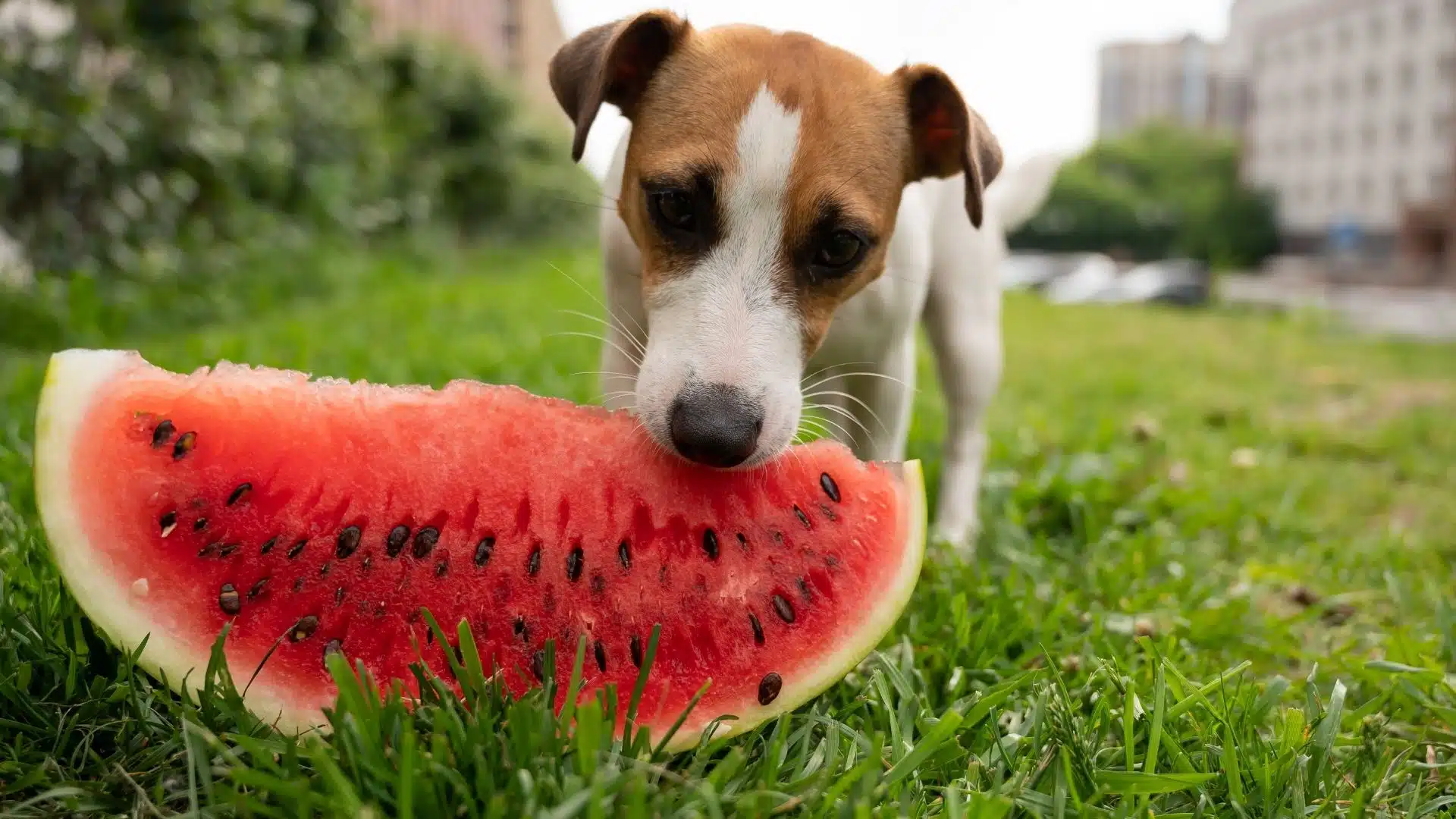
Can Dogs Eat Watermelon? Our Vet Weighs In

Jan 09, 2024

A Dogs Appetite Is A Voracious One
Dogs will eat anything, but that doesnt mean they should eat everything. There are many human foods that are toxic to dogs and should be avoided, but is watermelon one of these? Can dogs eat watermelon and is watermelon good for dogs?
The short answer is yes, dogs can eat watermelon but there are some very important things to know first before giving your canine friend this juicy treat.
When Is Watermelon Bad for Dogs?
The red flesh of the watermelon is safe for dogs to eat and has a host of benefits that we will cover shortly. However, the seeds and rind (skin) can be hazardous to dogs and so should be avoided.
The watermelon seeds, although not toxic, can cause a gastrointestinal blockage if consumed in large enough quantities, and this could result in stomach pain and discomfort.
In severe cases, surgery may even be needed to remove the seeds responsible for the blockage. Larger dogs can usually get away with eating a few seeds without causing any issues but be more cautious with smaller dogs who are much more prone to blockage. If in doubt, take the time to remove as many seeds as possible before feeding watermelon to your dog.
The rind (skin) of the watermelon is very tough and whilst your dog might happily chew on it there is a danger of swallowing large pieces that are extremely difficult to digest and this could cause similar blockage issues to the seeds.
In addition, if your dog has had dental issues in the past, chewing on the rind may further damage teeth and be extremely painful for your dog. The pale green layer beneath the skin is best avoided also as it is quite hard and not easy to chew. For all of these reasons, dont offer your dog a whole slice of watermelon.
As with any food, your dog may have an allergic reaction to watermelon or it may just not agree with them if they have a sensitive stomach. If you suspect this is the case, I would advise avoiding this food altogether. Dont overdo the quantity, however, as too much can lead to diarrhea due to the watermelons high water content.
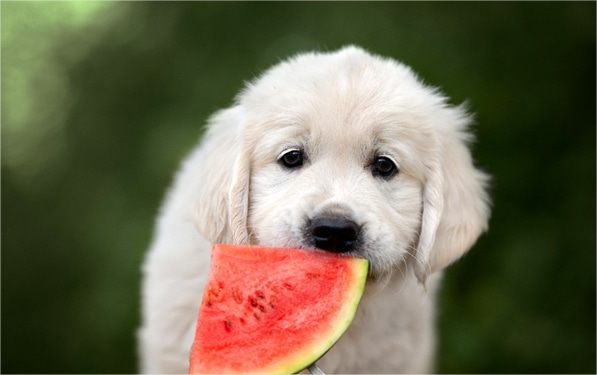
What If My Dog Has Eaten the Rind Or the Seeds?
Wait and observe your dog for 24 hours. If they were chewed sufficiently then they may pass through into the feces with no issue. However, if your dog seems more lethargic than usual, is in pain, and has other symptoms such as vomiting and constipation this could indicate a blockage and you should contact your veterinarian immediately as complications can develop quickly.
Watermelon Treats for Your Pup
Indulge your furry friend in the refreshing flavors of summer with watermelon treats specially crafted for dogs. Packed with hydrating goodness and a naturally sweet taste, these treats make for a delightful and healthy snack. Watermelon is not only a tasty summer indulgence but also a hydrating option for your pup due to its high water content.

9.4
- Sourced and Made in the USA. Free of gluten, corn, wheat, soy, and artificial colors or flavors
- Juicy watermelon and fresh pumpkin flavors makes for a tempting treat
- Calorie smart pumpkin recipe that is perfect for everyday treating as well as training
- Mini-sized treat is perfect for small breed dogs and puppies and suitable for all life stages
- Natural antioxidants and dietary fiber will keep your four-legged friend feeling great

9.4
- Just add water and freeze!
- Real, natural ice and scoopable cream for dogs!
- Convenient and healthy ice cream treats for dogs!
- Fastest selling Puppy Cake product with 4.9 stars!
- New packaging! Same volume!

9.4
- Made from durable nylon material.
- Features special rivets and a brushed stainless-steel Hugo & Hudson branded D-ring for added security.
- Features a stress-tested side-release plastic bone buckle for added safety.
- Combine with Hugo and Hudson harnesses and leads to create a matching set (sold separately).
- Available in a variety of sizes!
Benefits of Watermelon for Dogs
As long as you are careful about how you are feeding watermelon to your dog, it can have a host of great health benefits. Watermelon is made of over 90% water, which means it can be a creative way to ensure your canine friend remains well hydrated, especially on a hot summer day.
It can be made into enticing ice cube treats mixed with or without other healthy ingredients that your dog will be unable to resist while keeping cool. However, be sure your dogs teeth are healthy and wont be damaged by chewing frozen food.
The high water content also ensures that aptly named watermelon is very low in calories and it is also low in sodium and free from fat and cholesterol which can only be good news.
It is also packed full of vitamins such as Vitamin A, B6 and C. Vitamin A is very important in maintaining good vision and supports bone growth in young animals. Vitamin B6 plays a role in many essential chemical reactions within the body and vitamin C aids immunity against infectious diseases. Watermelon also contains potassium which is important for normal nerve function, muscle contraction, and ensuring a normal heart rhythm.
In addition, watermelon is a great source of fiber. Fiber is important in good digestion and maintaining normal bowel movements. Fibre also helps counteract the effects of the sugar found in watermelon by preventing it from being absorbed into the bloodstream too quickly.
As if these benefits werent enough, watermelon also contains lycopene, which is an antioxidant that has been thought to reduce the risk of developing cancer.
So, as you can see, watermelon can be a great addition to a dogs diet. Cutting the watermelon into small easy-to-chew cubes after removing the seeds is a great way to make a small treat for your dog that is much healthier than any you will buy in a store. But remember, no more than 10% of your dogs daily calorie intake should come from treats and no more than 20% from fruit and vegetables so give watermelon in moderation.
Id recommend no more than 75g of watermelon per day for an average-sized dog. Too much watermelon will probably cause a tummy upset with gastrointestinal symptoms such as diarrhea ensuing. As always, when introducing new food to your dogs diet, give a small quantity first and be vigilant to any signs of a tummy upset before giving more.
Its extremely important to make sure your dog is getting the micronutrients they need to be healthy. These supplements for dogs contain ALL the nutritional vitamins, minerals, antioxidants, and essential omega-3 fatty acids that will help your puppy or senior dog to stay healthy, happy, and in great tail-wagging condition!
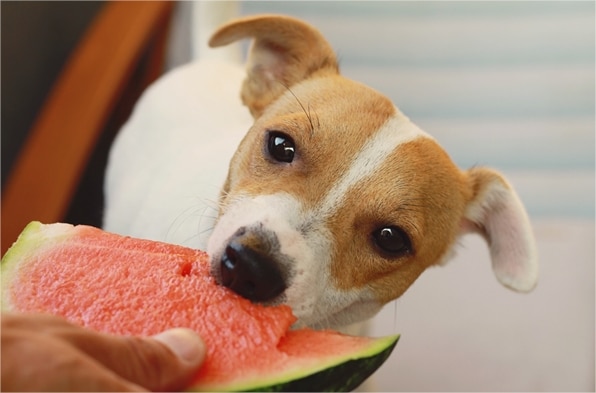
What about other watermelon products?
Watermelon products such as syrups and soft drinks should be avoided as they are usually full of sugar and chemicals that arent good for your dogs. Too much sugar can make your dog overweight and these products can sometimes contain an artificial sweetener called xylitol which can be extremely toxic to dogs. So if in doubt avoid anything that you havent prepared yourself.

Can Dogs Eat Watermelon?
Another key thing to note is that, although watermelons are packed full of nutrients, these are all things your dog will get from a complete and balanced diet. This means that theres no need to add watermelon in as a regular addition. Only ever give in moderation remember that there is too much of a good thing and overfeeding with fruits like watermelon could cause gastrointestinal upset.
Never give your dog watermelon flavoured sweets, drinks or lollies either, these are packed full of sugar, sweeteners and additives which can be dangerous for your pets health. With this in mind, there are a variety of fruits dogs can eat that include nutritional benefits.
How to feed watermelon to dogs
We recommend only giving your dog fresh watermelon. Before offering the fruit to your dog, be sure to remove all of the seeds and rind, then cut the flesh up into small, bitesize cubes. When you give the piece to your dog, let them investigate it with their nose and tongue, many dogs dont enjoy the taste of fruits so dont be surprised if they either refuse to take it or spit it back out!

